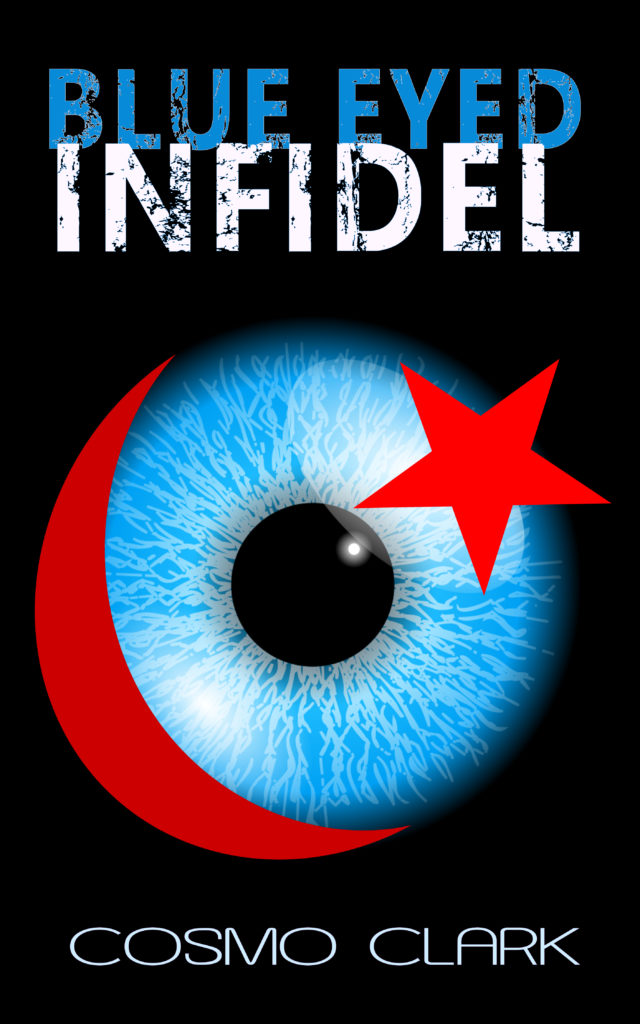
Award-winning ready-to-drink cocktail brand The Drinks Bureau has launched a fun and sweet cherry-licious ShirleyTemple (0% ABV) and vodka-based Dirty Shirley (5% ABV) cocktails. If you love, pink, fun, sweet things then we can recommend these fun cocktails and mocktails.
Whether you’re planning a cosy night in or celebrating with friends, The Drinks Bureau’s award-winning Shirley Temple and Dirty Shirley cocktails are the perfect pre-mixed cocktails. The Dirty Shirley, with its delicious blend of vodka, real cherry juice, ginger, lemon and bitters is scrumptiously sweet and zingy. The alcohol-free Shirley Temple provides all the flavour without the spirits – ideal for designated drivers or those looking for a non-alcoholic alternative. Both variants come in Instagram-worthy pink and red cans that capture the spirit of fun. Plus, with no mixing or measuring needed, you can spend less time playing bartender.
Frankie Snobel, The Drinks Bureau Founder, said: “Serving a seriously tasty cocktail couldn’t be easier with our fun and fabulous Shirley Temple and Dirty Shirley canned cocktails – just chill and enjoy! Or if you’re feeling fancy, pour over ice, garnish with a cherry and serve! They are mouth-watering, combining moreish cherry and a ginger zing for a refreshing and cheeky little sipper. ”
The Drinks Bureau’s premium cocktails have gained nationwide recognition with both the Dirty Shirley and Shirley Temple cocktails winning ‘GOLD’ in the 2023 Global RTD Masters. The full portfolio also includes the world-leading Spicy Margarita – crowned best ready-to-drink cocktail in the world last year at the Global RTD Masters in a blind taste test by industry judges – alongside delicious flavours such as Espresso Martini, Passion Fruit Martini, Lychee Martini, and Strawberry Daiquiri.
For more information on The Drinks Bureau’s range of cocktails, visit www.thedrinksbureau.com.

